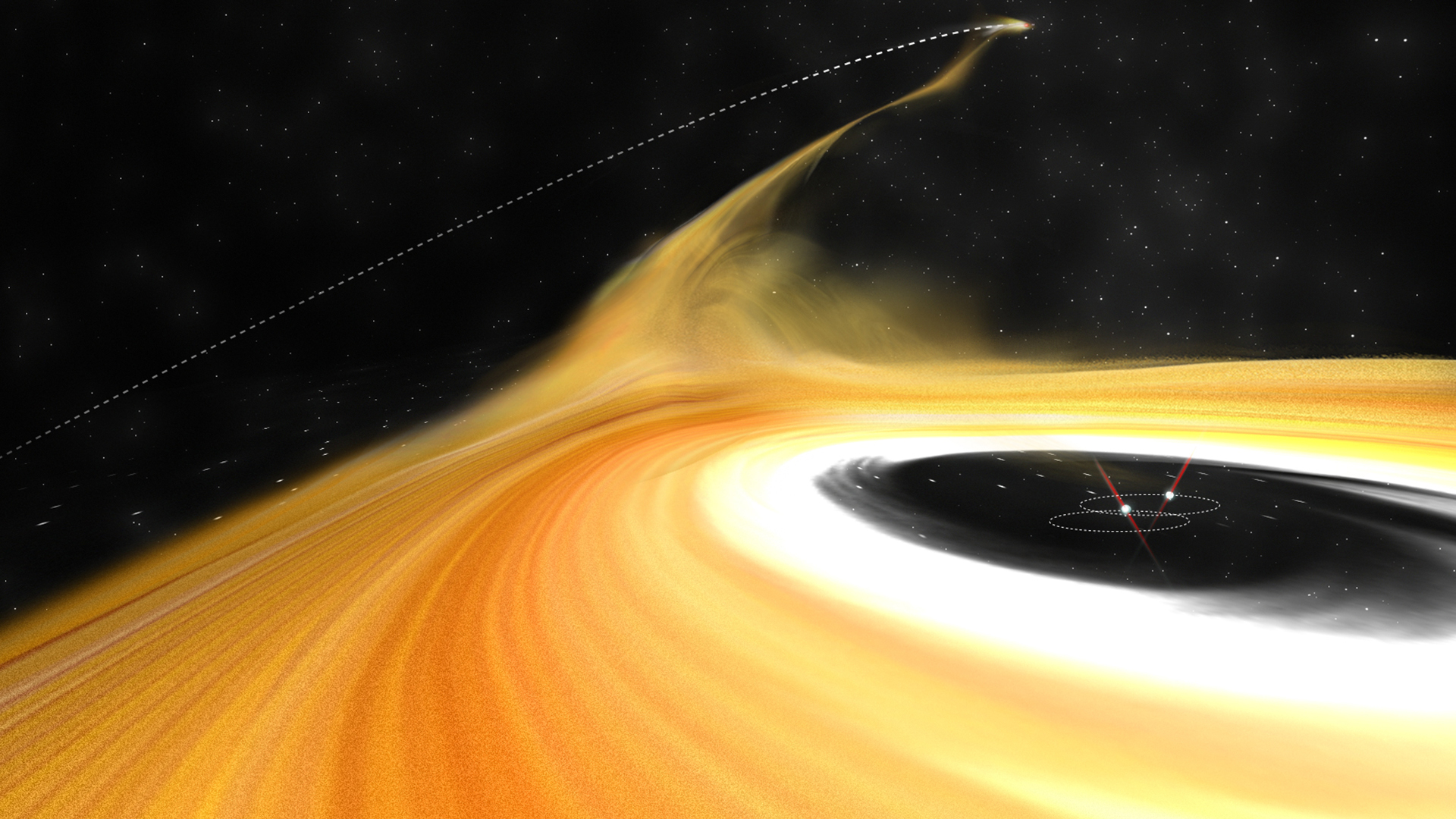
Abha Jain
Abha Jain is a freelance science writer. She did a masters degree in biology, specializing in neuroscience, from the Indian Institute of Science, Bengaluru, India, and is almost through with a bachelor's degree in archaeology from the University of Leicester, UK. She's also a self-taught space enthusiast, and so loves writing about topics in astronomy, archaeology and neuroscience.
Latest articles by Abha Jain
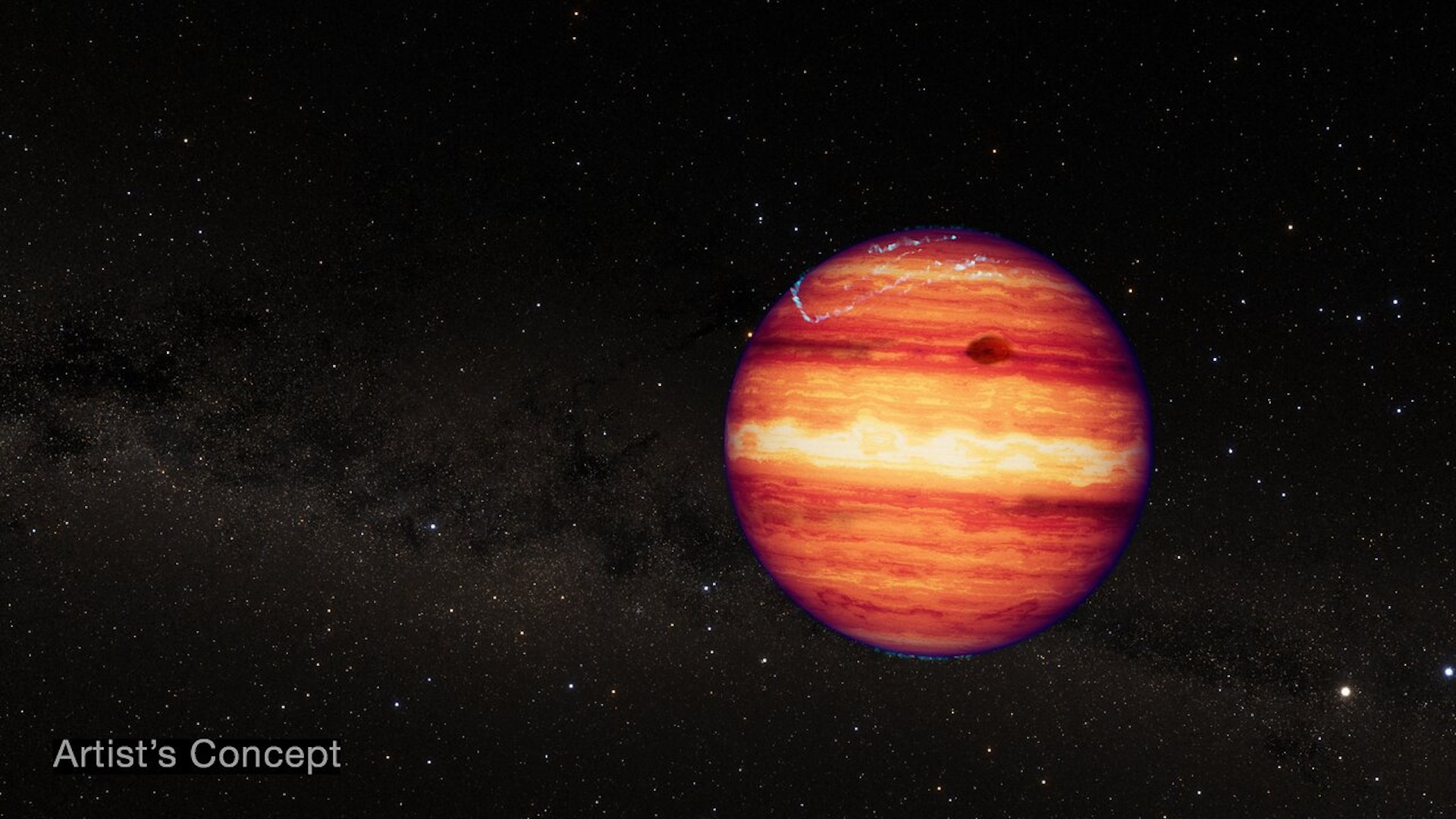
James Webb telescope spots 'rogue' planet with a cake-like atmosphere barrelling through space without a star
By Abha Jain published
The James Webb Space Telescope has spotted a 'rogue' cosmic object barrelling through our galaxy without a star, and covered in clouds of iron and magnesium minerals.
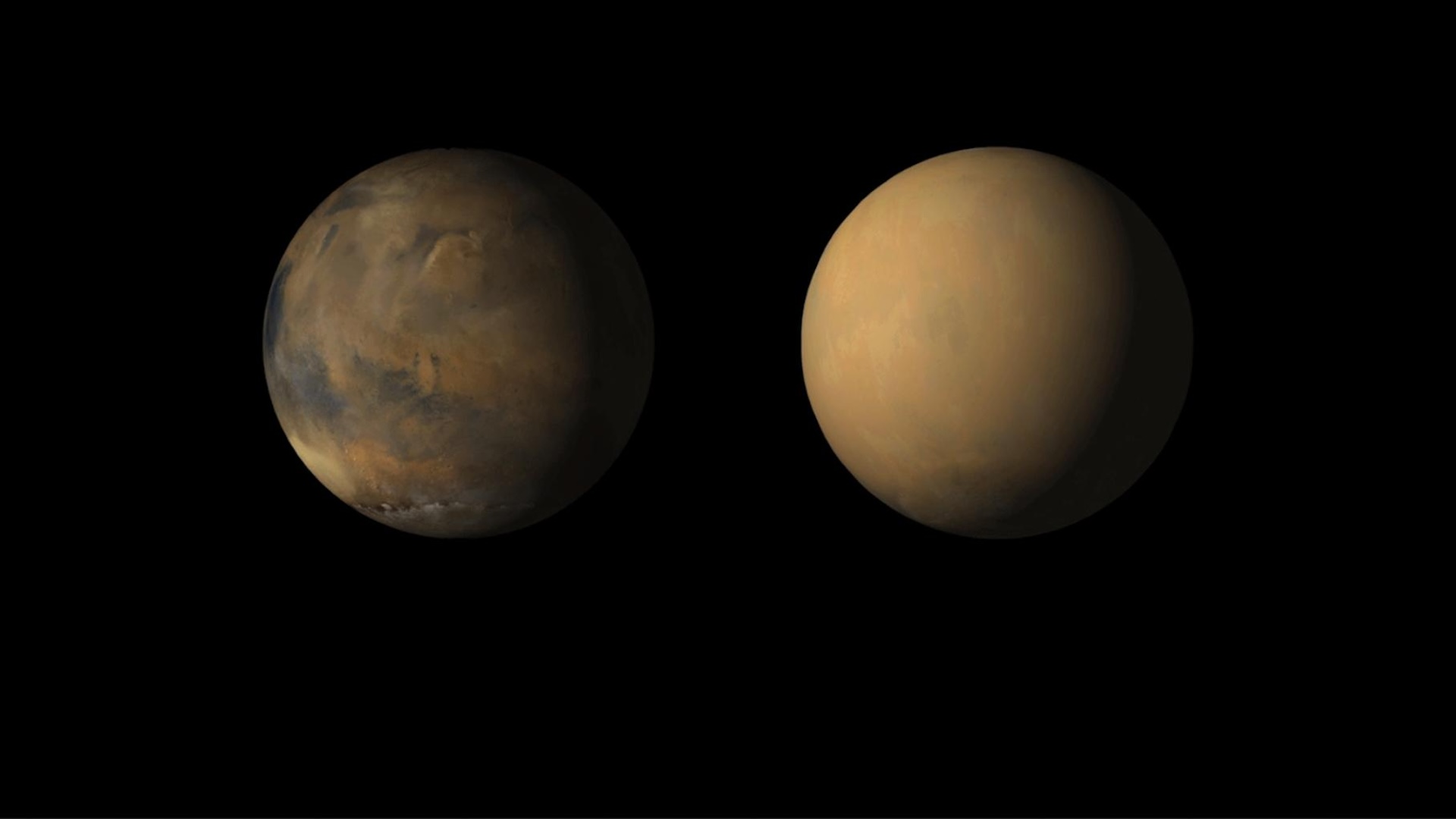
We may finally know what causes Mars' gigantic, planet-wide dust storms
By Abha Jain published
Mars' southern hemisphere absorbs a lot of the sun's energy during the Red Planet's spring, and that may be causing Mars' dust storms, a new study suggests.
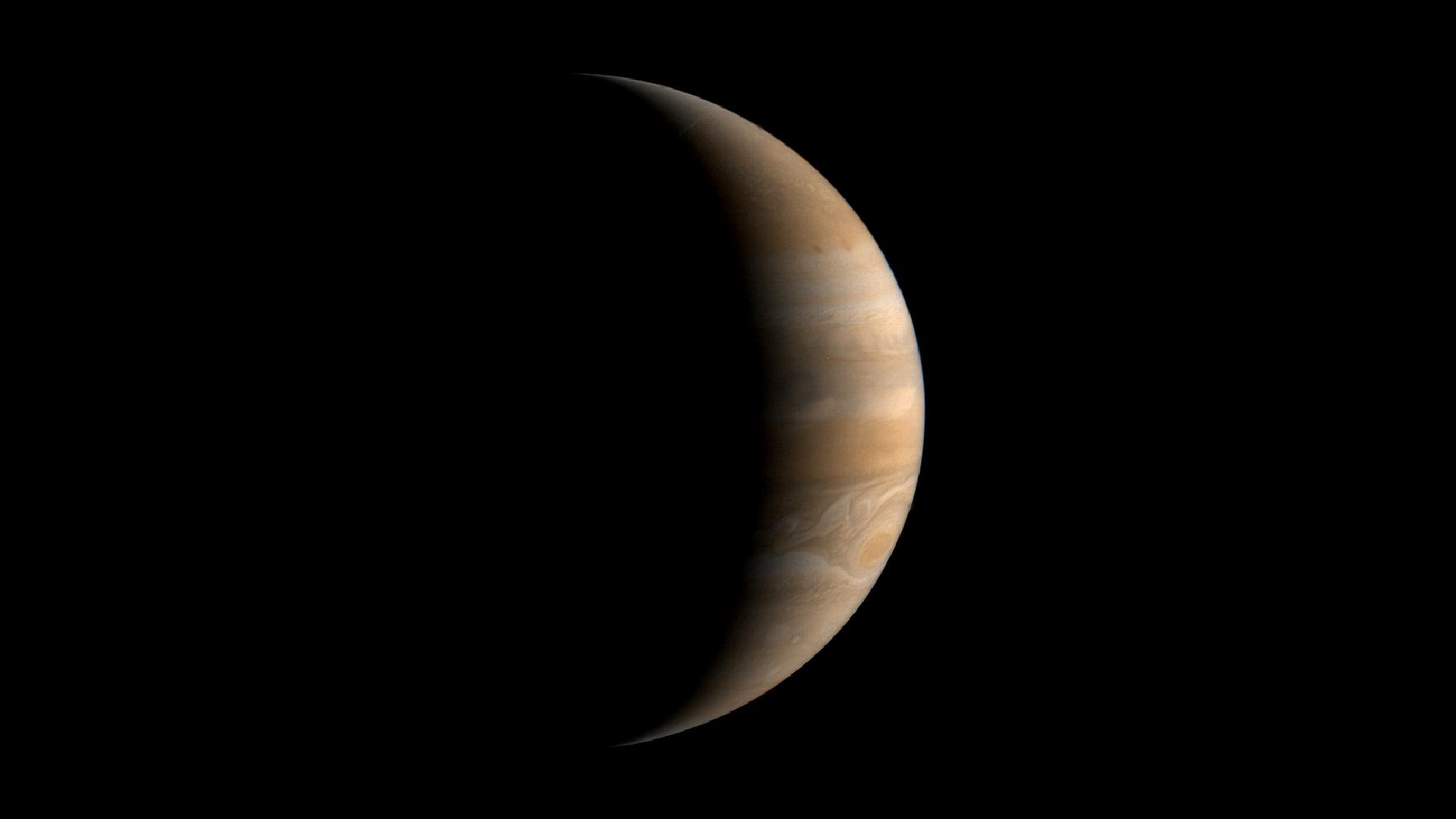
An interstellar visitor may have changed the course of 4 solar system planets, study suggests
By Abha Jain published
An object eight times the mass of Jupiter may have swooped around the sun, coming superclose to Mars' present-day orbit before shoving four of the solar system's planets onto a different course.
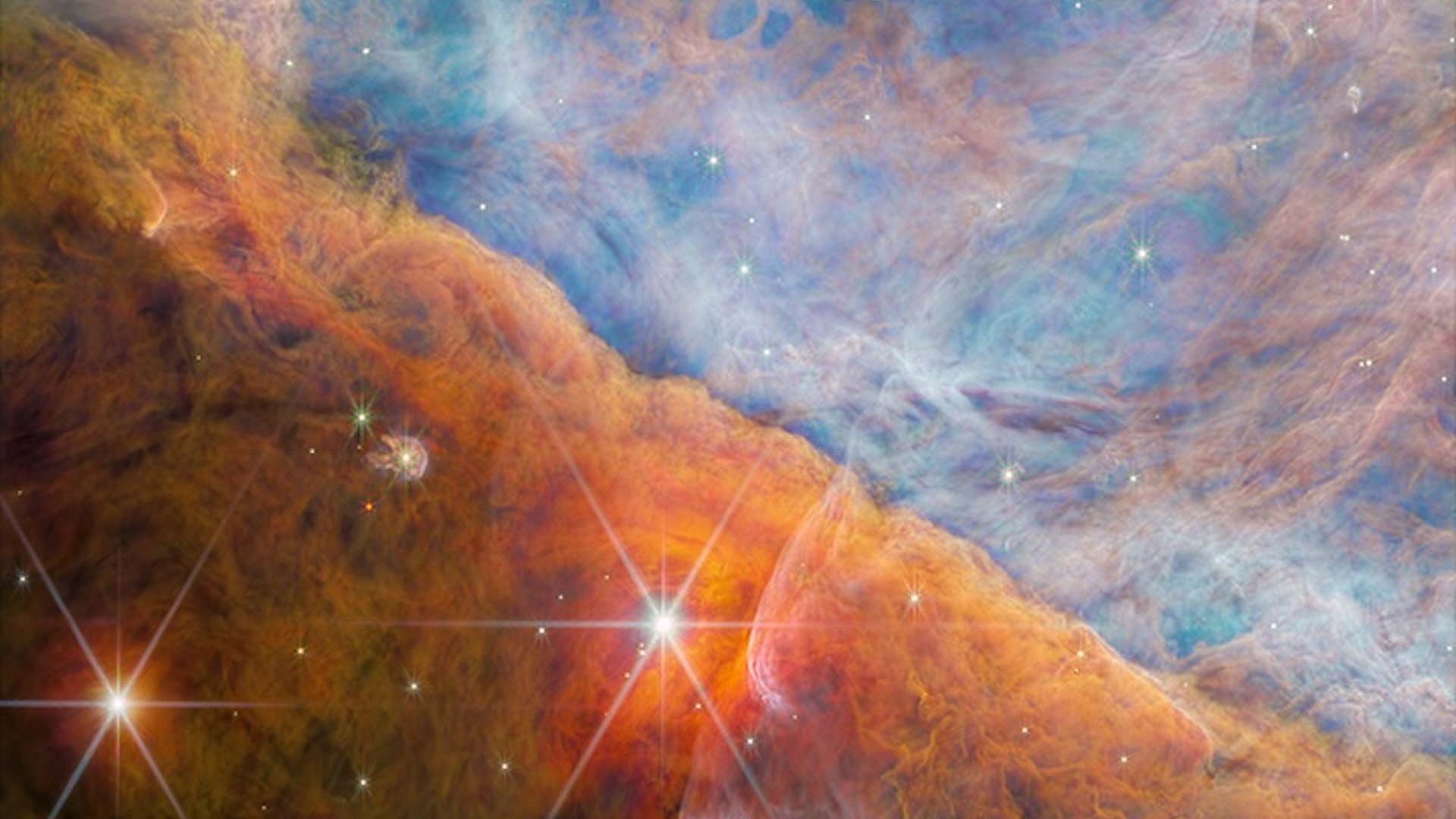
'We know so little': Bizarre 'runaway' planets discovered by James Webb telescope may be failed stars in disguise
By Abha Jain published
A new theory explains how dozens of mysterious planet pairs discovered by the James Webb Space Telescope, dubbed "JuMBOs," may have formed.
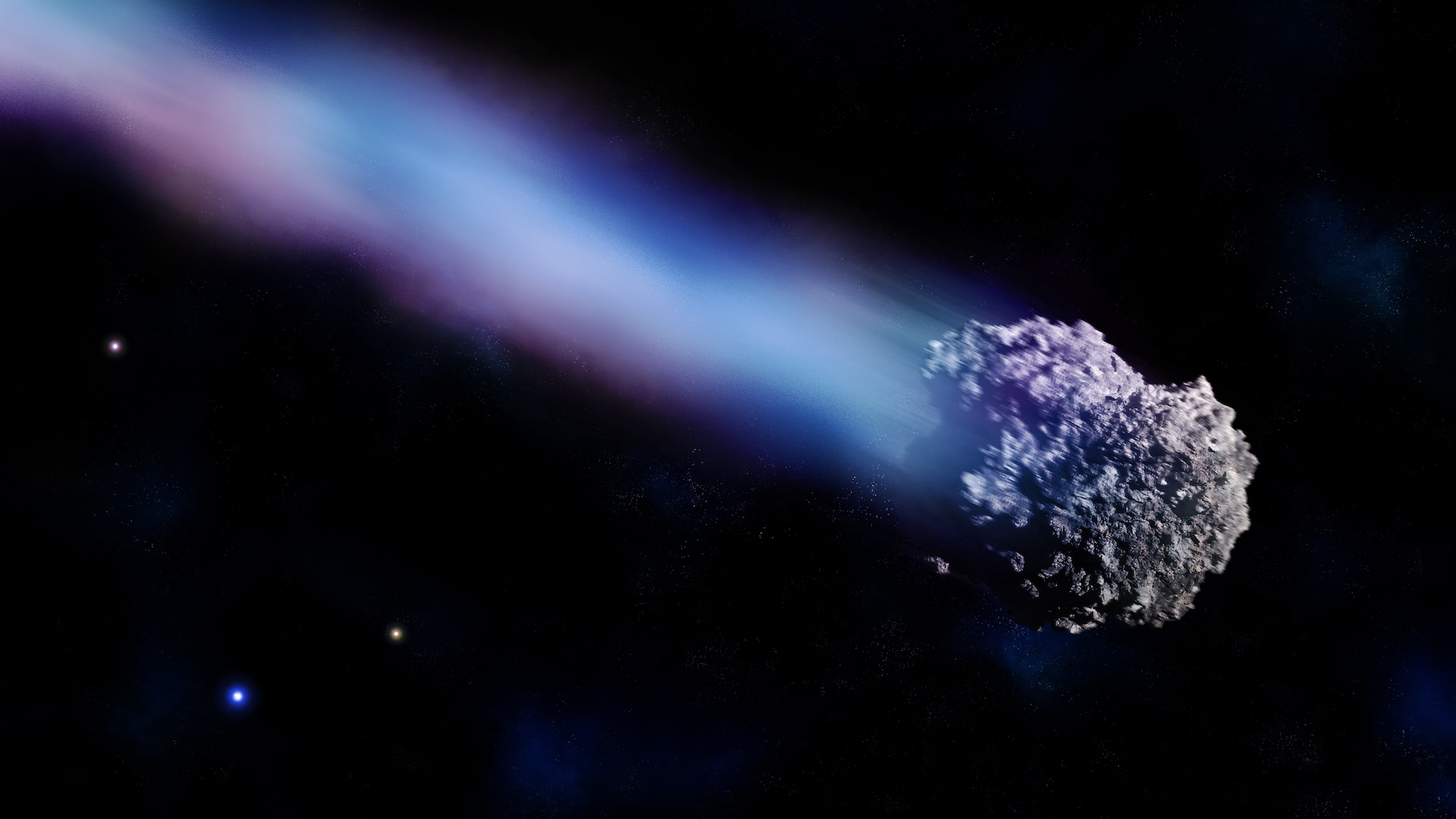
'Crumb trails' of meteoroids could reveal potential 'planet-killer' comets years before they reach Earth
By Abha Jain published
Potentially deadly comets could be spotted many years in advance by following the meteoroid trails they leave near Earth, new research shows.
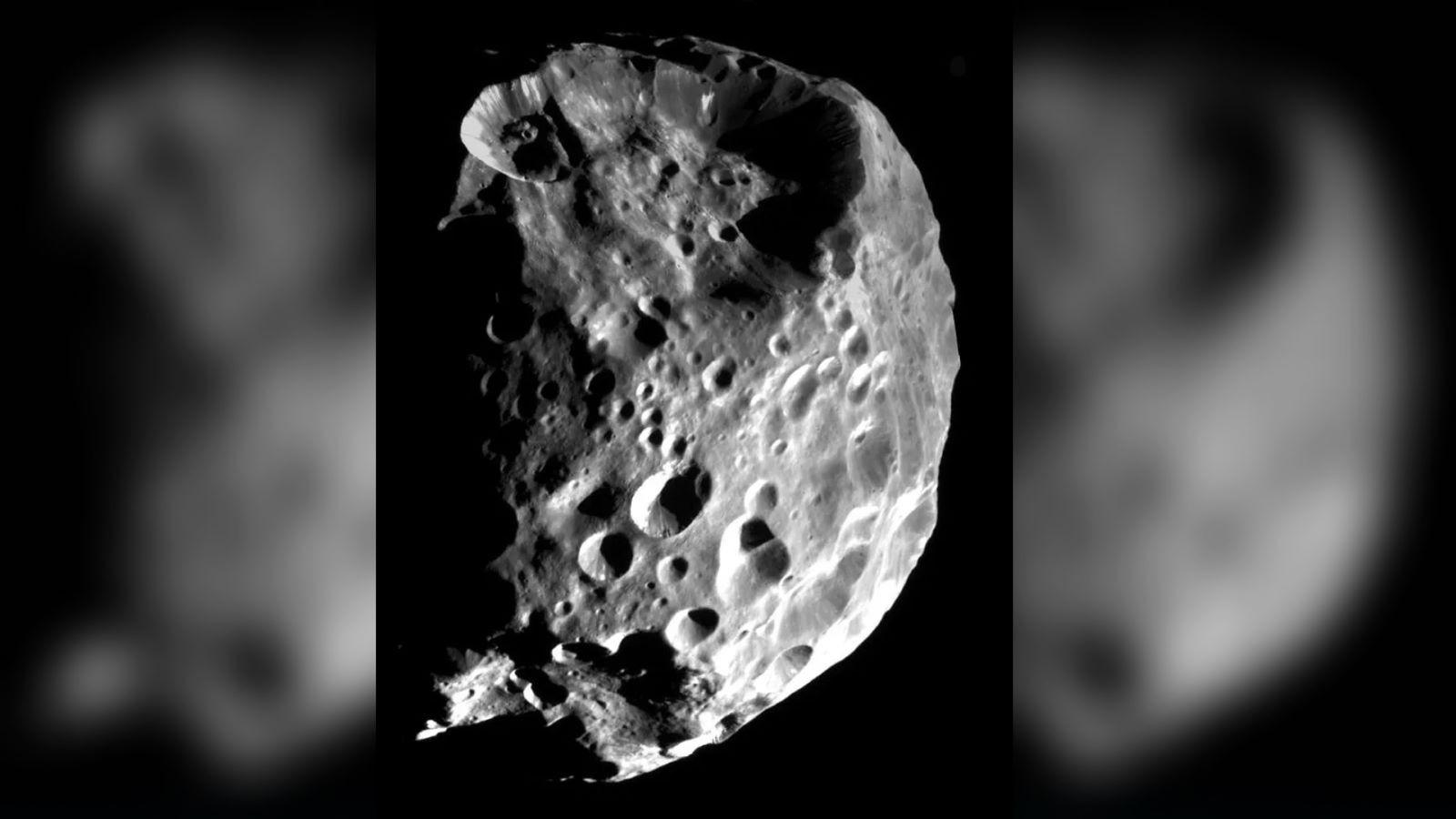
A passing star may have kicked the solar system's weirdest moons into place
By Abha Jain published
A passing star may have kicked the weird moons of giant planets like Jupiter and Saturn into place, new research suggests.
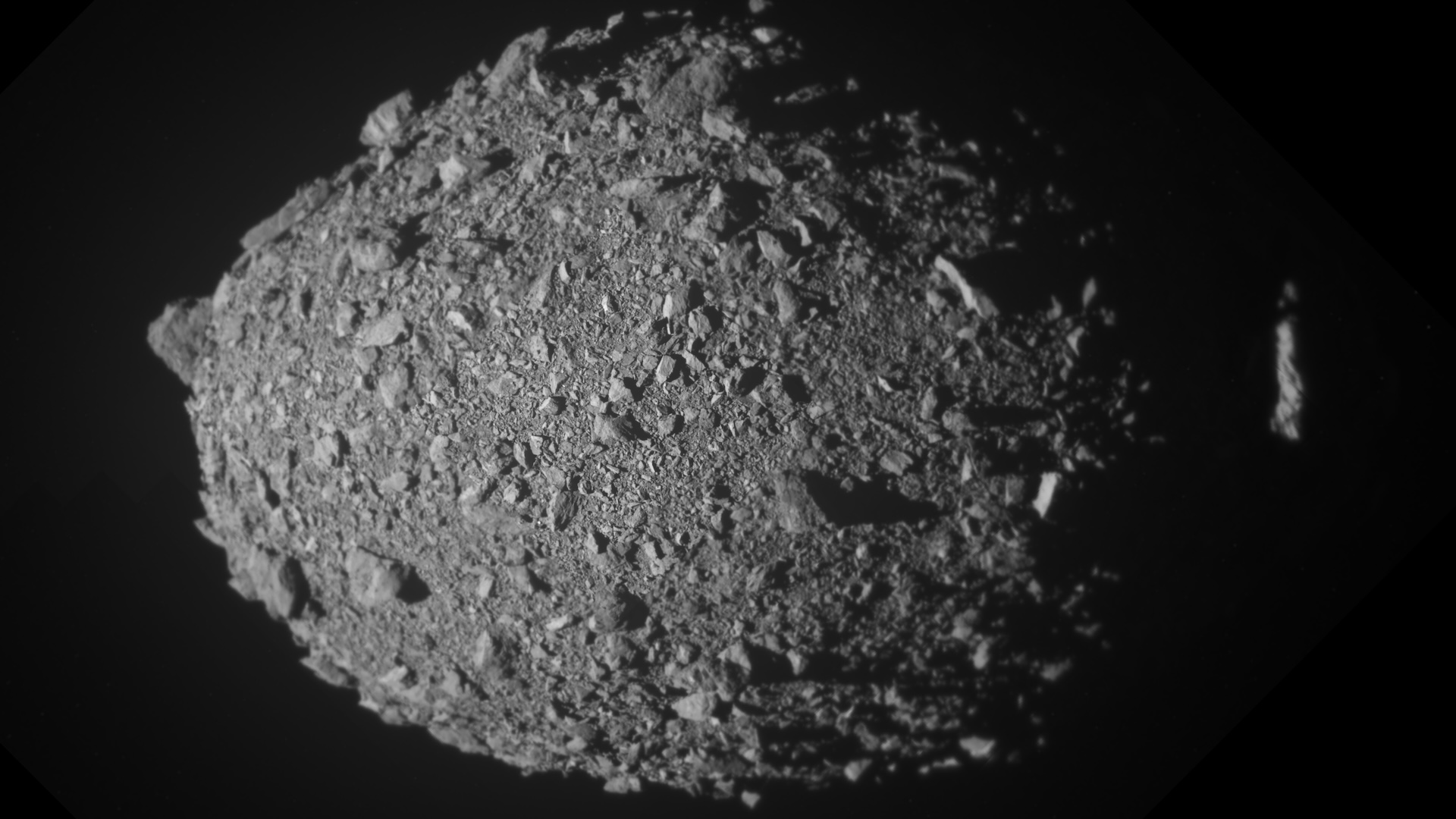
Weird, 'watermelon shape' asteroids like Dimorphos and Selam may finally have an explanation
By Abha Jain published
New research finds why some asteroids have weird, watermelon-shaped moons trapped in orbit around them, contrary to what typical asteroid formation theories predict.
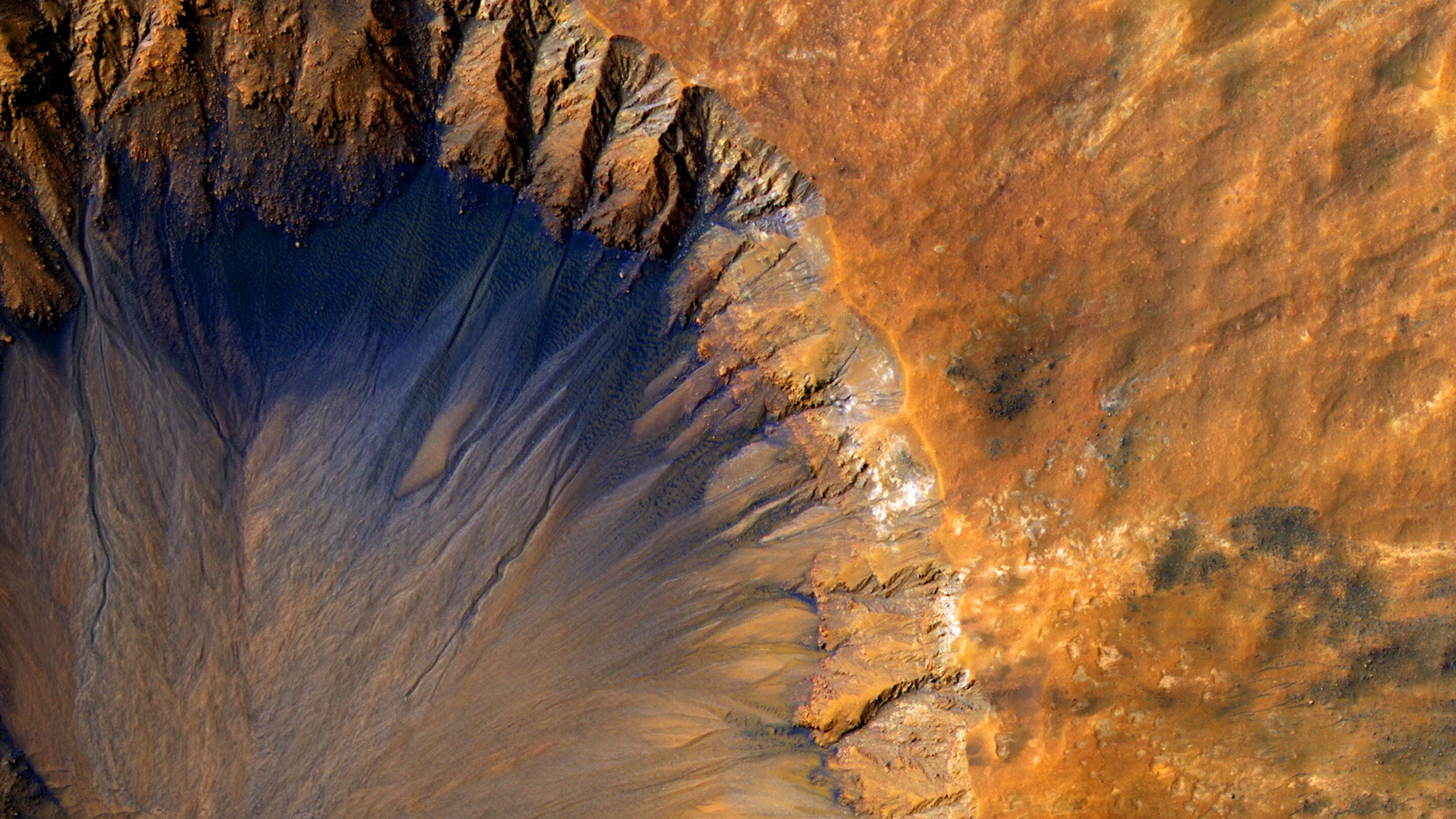
Mars is more prone to devastating asteroid impacts than we thought, new study hints
By Abha Jain published
Potentially hazardous asteroids pose a risk to Mars missions, but they can also yield insight into the history of the Red Planet and the early solar system, new research suggests.
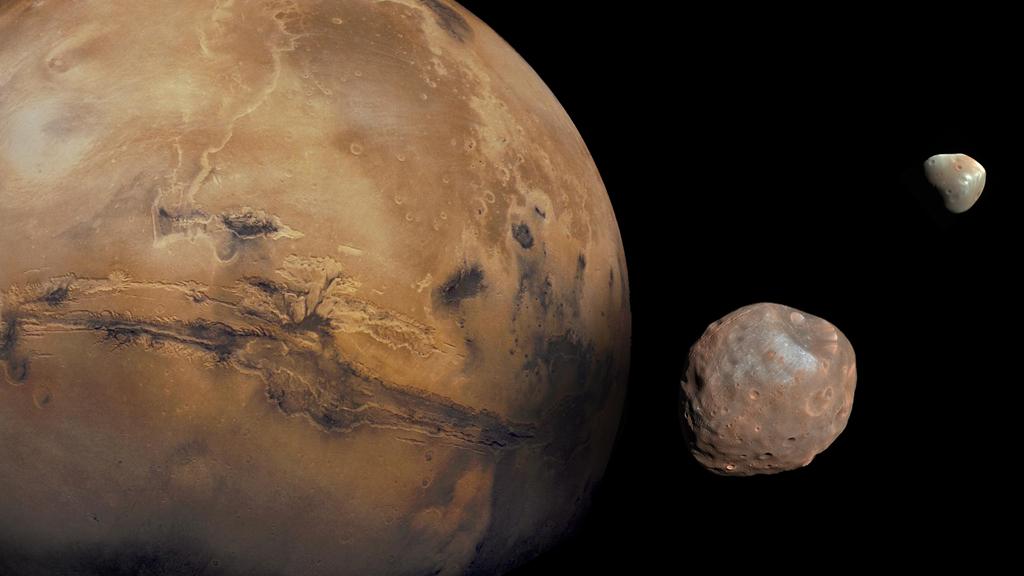
Lost photos suggest Mars' mysterious moon Phobos may be a trapped comet in disguise
By Abha Jain published
Previously unpublished photos of Mars' moon Phobos hint that the mysterious satellite may actually be a trapped comet — or perhaps just a piece of one, along with its twin moon Deimos.
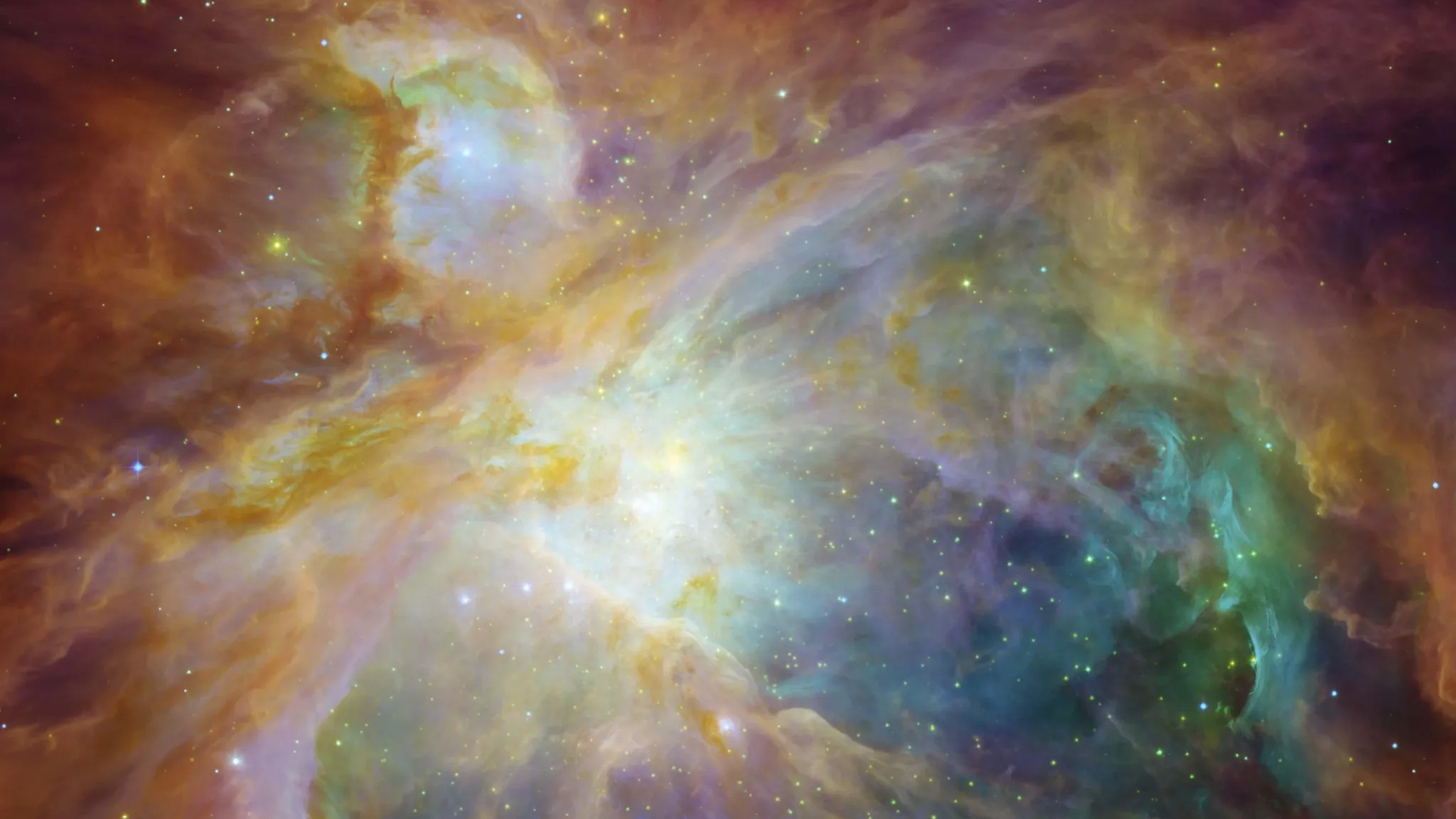
Hundreds of mysterious 'rogue' planets discovered by James Webb telescope may finally have an explanation
By Abha Jain published
The James Webb Space Telescope recently discovered dozens of inexplicable 'rogue' planets floating through space in pairs. Now, a new study may explain the mystery behind these rare "JuMBOs".
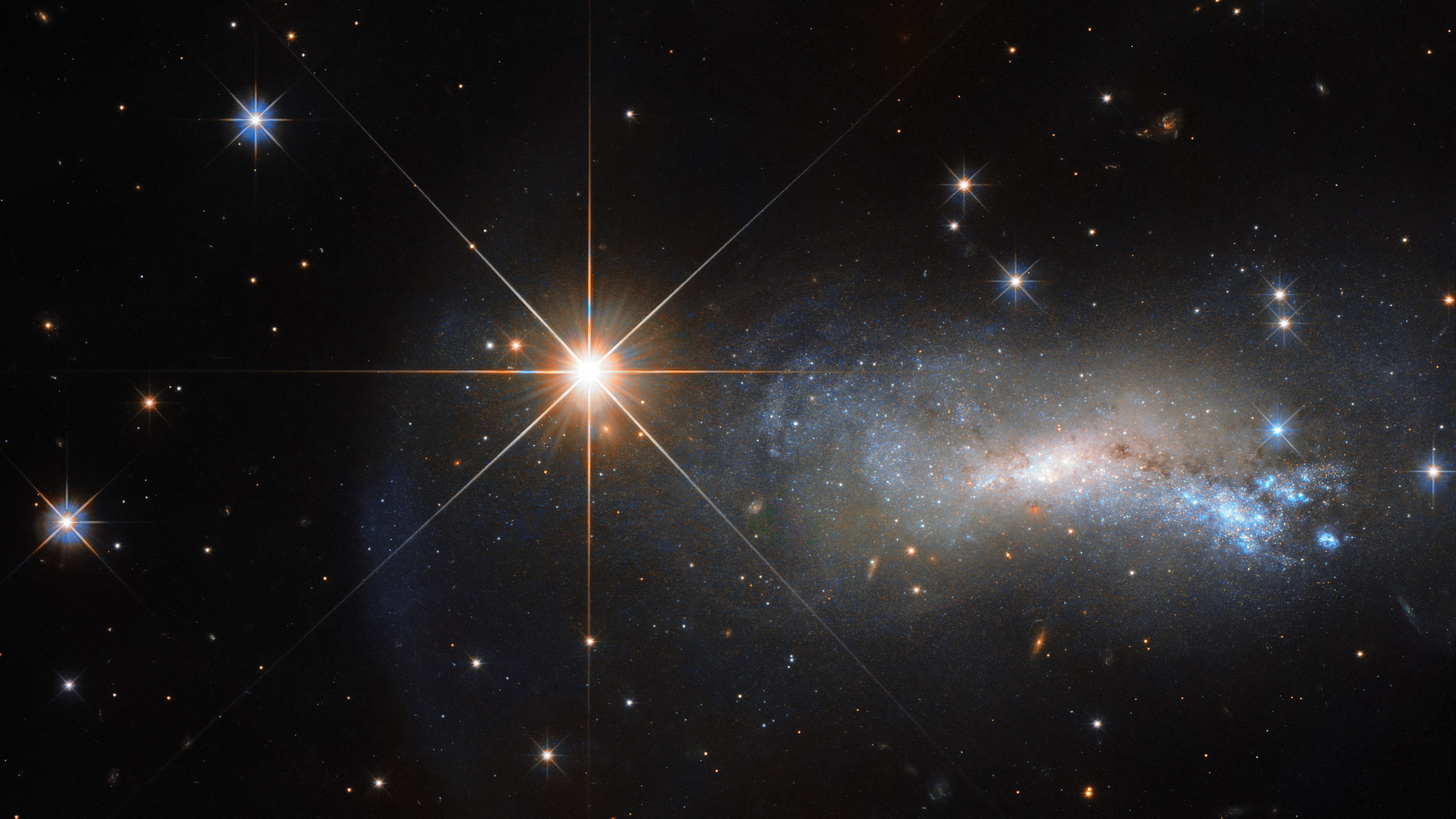
Passing stars may have changed Earth's orbit and climate, study finds
By Abha Jain published
Passing stars may have altered Earth's orbit, and its climate, many times throughout cosmic history. New research digs into what that means when it comes to understanding our planet's past.
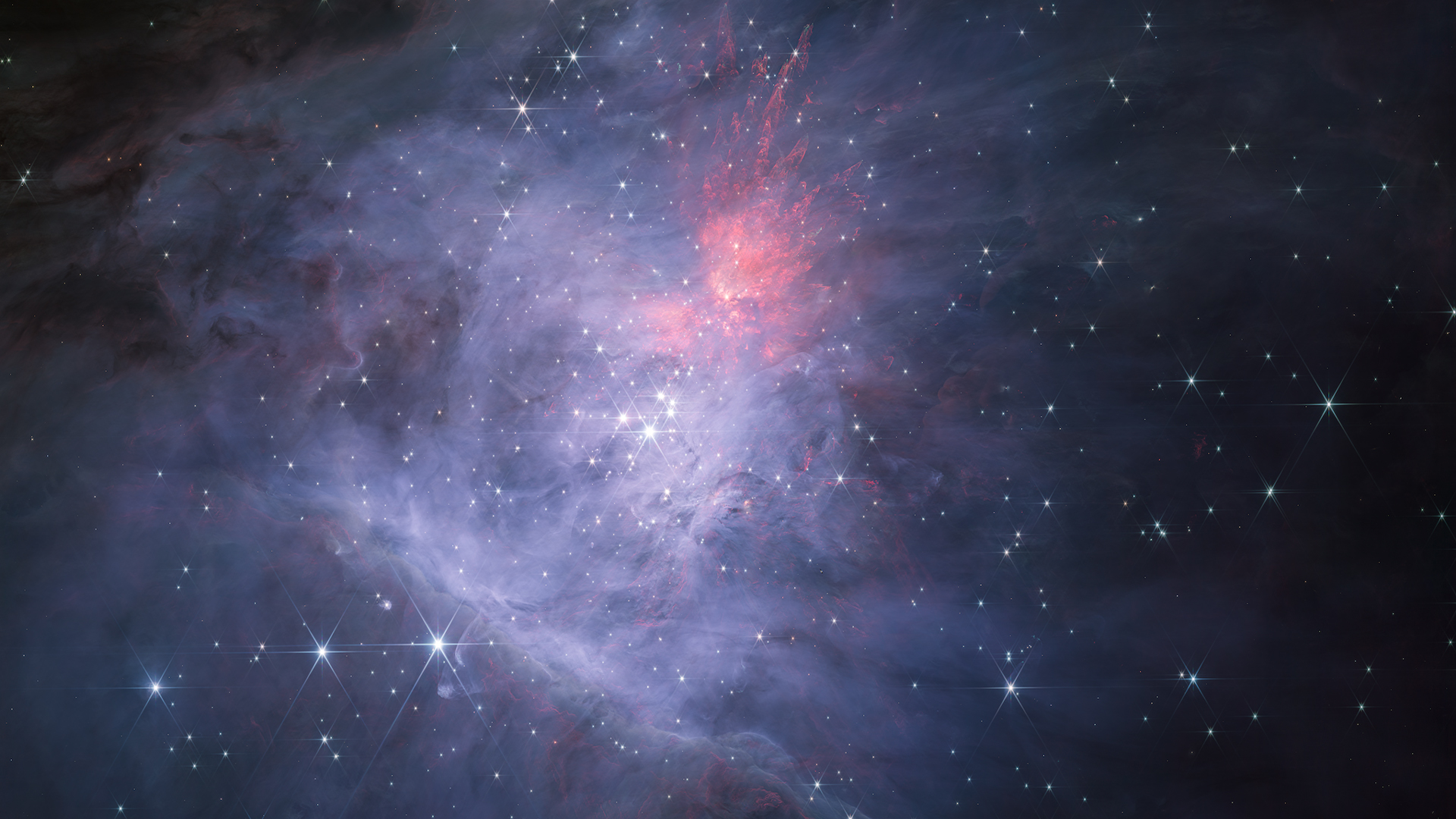
Physics-breaking 'rogue' objects spotted by James Webb telescope are emitting radio signals that scientists can't explain
By Abha Jain published
A bizarre object discovered by the James Webb Space Telescope may be a pair of 'rogue' planets ― but a new study finds they are emitting radio signals rarely seen from other worlds.
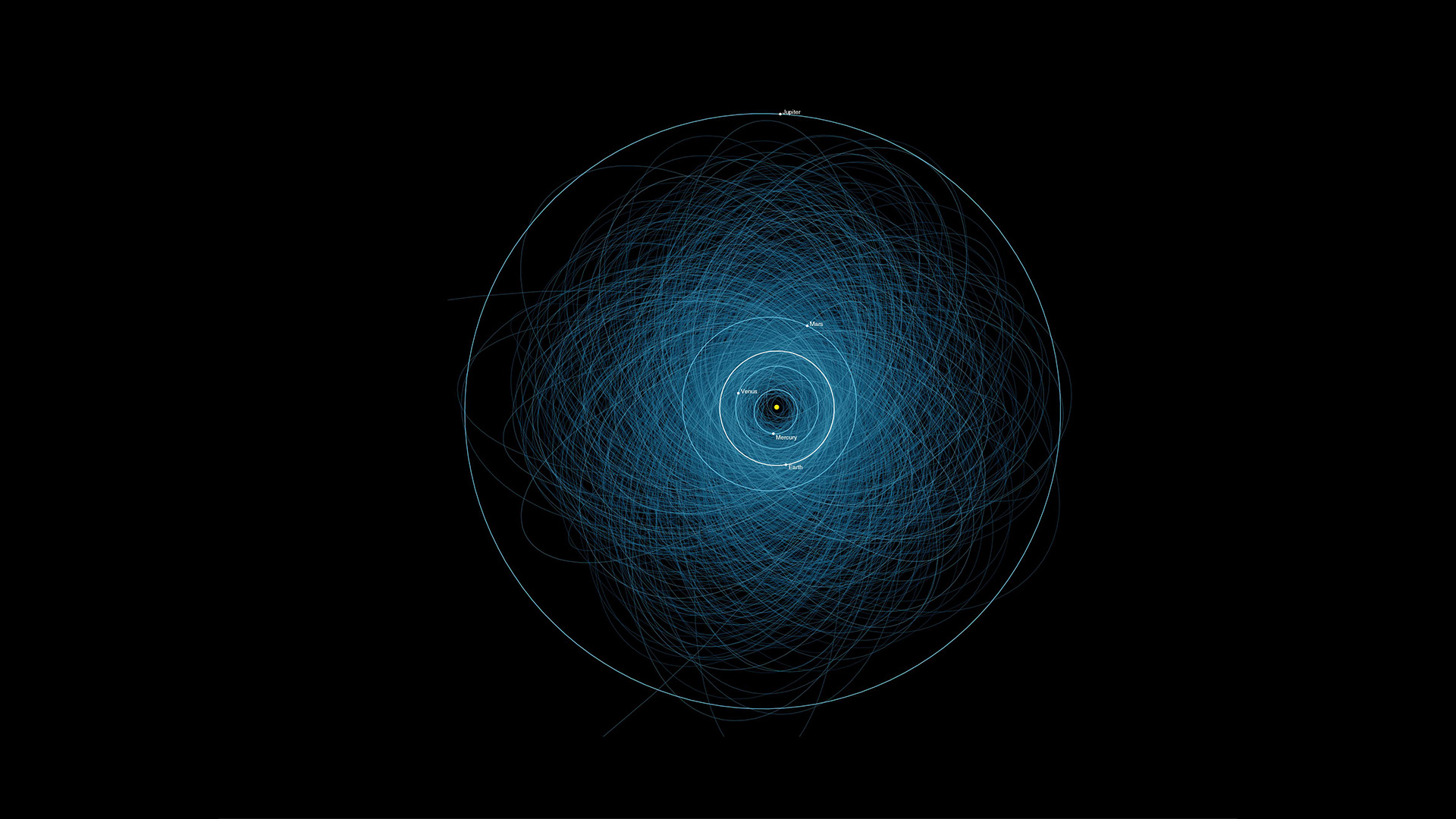
Earth's intense gravity may rip space rocks apart, reducing the risk of 'planet killer' asteroids
By Abha Jain published
Earth and other terrestrial planets probably use their gravitational forces to tear apart asteroids ― but this creates more streams of smaller asteroids.

Brand-new meteor shower from 'Christmas comet' may appear over Earth for 1st time this week
By Abha Jain published
A brand-new meteor shower triggered by the 'Christmas comet' 46P/Wirtanen may appear over Earth for the first time on Dec. 12, though it will be visible from only a small sliver of the world.
Sign up for the Live Science daily newsletter now
Get the world’s most fascinating discoveries delivered straight to your inbox.
